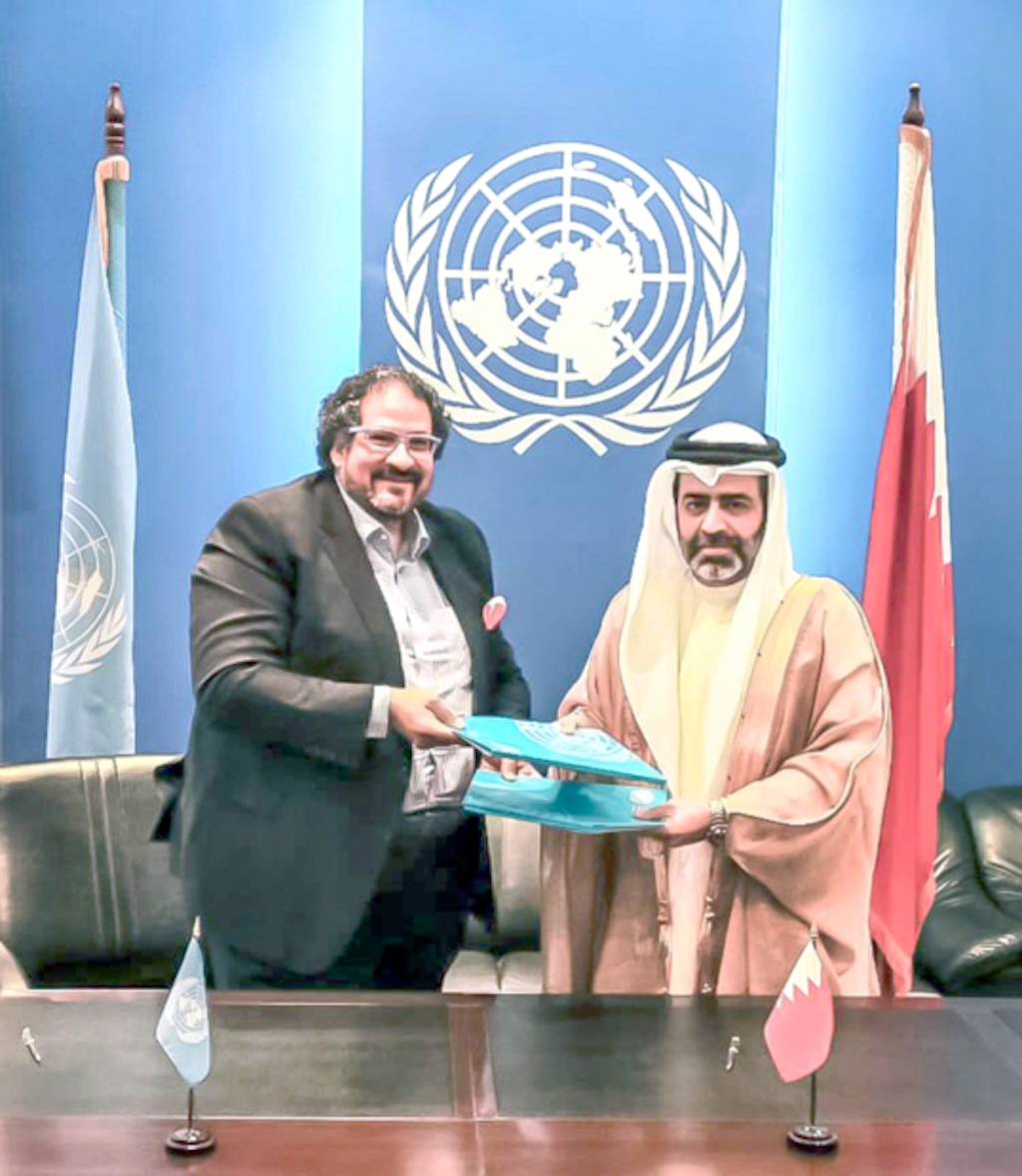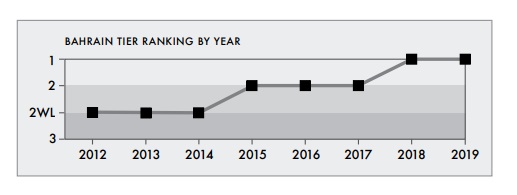AN anti-human trafficking centre that will provide training to experts around the region is expected to open soon in Bahrain.
The state-of-the-art facility will have access to a digital database that contains details of victims, trafficking routes, court verdicts and other information to identify trends globally.
It is being spearheaded by the Labour Market Regulatory Authority (LMRA) in co-operation with the United Nations Office on Drugs and Crime (UNODC).
LMRA chief executive Ausamah Al Absi told the GDN the centre was part of increased efforts to combat human trafficking in the country and around the region.
“This centre of excellence is ready and will be located at the LMRA-run Expat Protection Centre in Sehla,” he said.
“We are setting up a world-class facility that will help in combating human trafficking and provide training to experts in the region.
“We now have a database that has information about victims, recruitment agents, to even provinces from where the person belongs before arriving to Bahrain.
“This information is crucial to spot a trend or fix any gaps.”
The process of creating the database started in 2017 as part of the digitalisation of the National Referral Mechanism (NRM), with over 7,300 grievances and complaints handled until last year.
Mr Al Absi said the database recorded every step of a trafficking procedure from the moment a case is reported and the process at the police station, embassies, hospitals and court until the reintegration or voluntary return of the victim.
He added that a case file was not closed until all legal and administrative procedures have been completed.
“We are now in the process of drafting a manual with the UNODC regarding the functioning of the new centre and its training programmes,” he explained.
“Once operational, we will see Bahrainis who are trained at the centre to be our ambassadors abroad as trainers.”
He said Bahrain has set a high bar in the region in the global fight to combat trafficking, with the introduction of a wide range of measures that have been recognised in the latest US State Department Report on Trafficking in Persons (TIP).
A graph showing Bahrain’s TIP record improving since 2012 with the highest rating achieved in 2018 and this year
Bahrain became the first country in the region to achieve Tier 1 status two years in a row and is now recognised by the report as being fully compliant with the Trafficking Victims Protection Act’s minimum standards for the elimination of human trafficking.
“We are now in Tier 1 for the second consecutive year and listed in the same bracket with Western and European countries,” said Mr Al Absi.
“There is no other country in the region that has such anti-human trafficking programmes and our standards are gold and we aspire to be the best.”
The US report also mentioned that Bahrain established and disbursed financial aid to 10 human trafficking victims from the country’s new Victim’s Assistance Fund.
Victims of human trafficking in Bahrain benefit from monthly allowances as part of the fund, which only covers cases that are in court.
The report also documented that the Interior Ministry investigated 19 potential trafficking cases between April last year until March this year, of which 16 were for sex trafficking and three for forced labour.
It involved females from Bangladesh, Ethiopia, India, Indonesia, Morocco, the Philippines, Russia, Sri Lanka, and Thailand; this is compared with31 potential sex trafficking cases investigated during the previous year.
Investigation
Furthermore, the report stated that officials referred eight investigations for prosecution, while 11 cases remained under investigation as non-trafficking cases.
Bahrain convicted 23 traffickers for sex trafficking crimes from a total of seven cases and sentenced them to between five and 10 years’ imprisonment plus a fine of BD2,000.
Those convicted were of Bahraini, Bangladeshi, Indian, Indonesian, Pakistani, and Sri Lankan nationality, according to the report.
In addition, 259 potential victims stayed at the government shelter of which 12 were trafficking victims.


